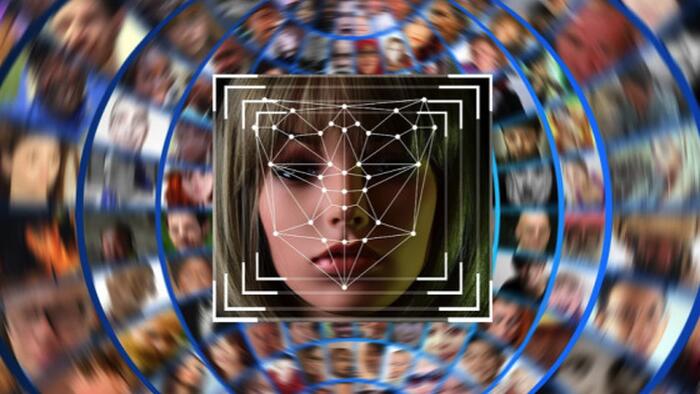The rising ubiquity of facial recognition technology in society has raised significant concerns about privacy and individual freedom, as highlighted by Michael Snyder in a recent analysis. The author warns that while the U.S. government currently positions facial recognition as an optional method for identity verification, history shows that voluntary measures can quickly become mandatory. The introduction of facial recognition in platforms like Login.gov, a service for accessing federal government websites, underscores this transition. Users will soon have the option to verify their identity using this technology, ostensibly to combat identity theft and fraud, but this raises a larger, dystopian question—do we really want to live in a society where our faces are constantly scanned?
Snyder notes that the General Services Administration (GSA) is implementing facial recognition under guidelines set forth by the National Institute of Standards and Technology. While this move is claimed to enhance security and convenience, the potential consequences of omnipresent facial recognition are troubling. Once facial recognition is adopted by a significant number of users, alternative identification methods may be phased out entirely. This poses a risk of creating a dependent society on a technology that encroaches on personal privacy and freedom. Although the technology promises ease, the implications of a massive database of citizens’ faces warrant caution and skepticism, especially against a backdrop of increasing surveillance.
The implications of facial recognition extend beyond government use. Advancements in artificial intelligence (AI) have shown that even conversational AI programs like ChatGPT can recognize and differentiate facial images reliably. This reveals a growing trend in which technology not only facilitates user identity verification but also possesses the capability to breach privacy by recognizing individuals in various contexts. Snyder cites the alarming potential of AI-enhanced programs, such as the one developed by Harvard students, which integrated facial recognition software with smart glasses to gather private information about strangers in public. Such capabilities raise ethical concerns about the invasion of privacy and the possibility of misuse, especially in public spaces.
Given the trajectory of these technologies, Snyder emphasizes that they can pose a threat to personal safety and societal norms. The ease with which criminal elements could access private information only heightens the risk for everyday citizens. For instance, a malicious individual could potentially scan a person’s face and instantly obtain their personal details, which could be exploited for harmful purposes. The prospect of being constantly surveilled is not merely hypothetical but a very real potential of future technology. As privacy diminishes, Snyder underscores that the absence of a private sphere can lead to a society where individuals lack the ability to escape from tyranny and oppressive systems.
Snyder draws attention to the fact that modern technology already tracks individuals through devices such as smartphones, which serve as persistent monitoring devices, marking a shift towards a reality where opting out of surveillance becomes increasingly difficult. As the surveillance ecosystem grows, he warns that there will come a point where complete avoidance of facial recognition may no longer be an option. This alarming trend is indicative of a world with less personal autonomy and greater government oversight, where individuals are subject to constant monitoring and scrutiny.
In closing, Snyder calls for urgent action against this encroaching surveillance culture, reflecting on the erosion of privacy rights that has occurred over the past decade. He asserts that it is critical for citizens to advocate for their privacy rights now, as failing to do so may result in irreversible loss of autonomy and freedom. The potential normalization of facial recognition technology, coupled with the ethical concerns surrounding its use, highlights the need for societal discourse and regulation to protect individual rights in an increasingly monitored world. Thus, engaging in the conversation about privacy, technology, and government oversight is essential to preserving the civil liberties enjoyed today.

